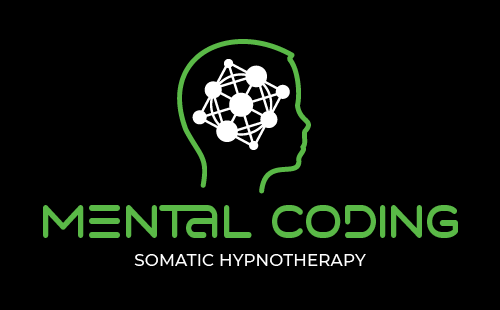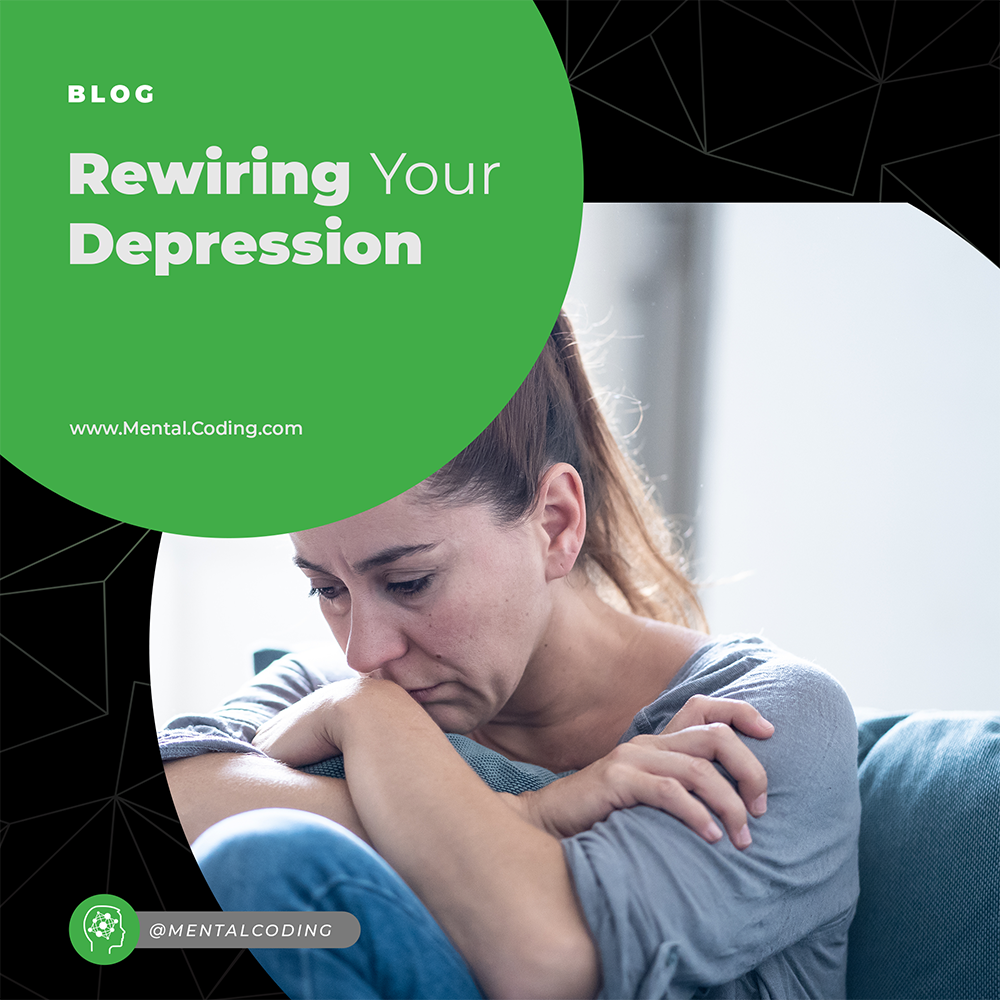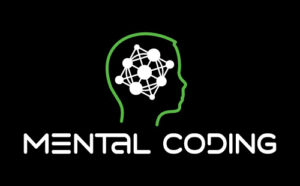Rewire Brain Depression
Depression is an emotional state that is often hard to define. It’s a catch-all word used to categorize an emotional state of varying intensity. These states can be sadness, despair, hopelessness, self-loathing or low self-esteem. Despite what word we call it, for those of us who suffer or have suffered from it, we know what it means all too well. It’s a state you don’t wish to return to, no matter what, leading you to search for a way to rewire your depression so it never comes back.
But you’ve come to the right place because I am here to tell you it is possible. My own “About Me” page contains my testimonial to accomplishing this. My client testimonials scattered around my website also tell the same story. But, before we get into how to go about doing this, we need to talk a bit more about depression in more detail.
Depression Has Many Causes and Dangers
Depression can be caused by a variety of issues. It can be a side effect from medication, a nutritional or dietary issue, or a chemical imbalance in the body. Depression can be treated or resolved via a variety of medications and therapies. It is always best to seek out licensed medical and mental health professionals before seeking out holistic practitioners or hypnotherapists. They can rule out all the different types of depression that our work is not suited to help.
This is because, in my hypnotherapy practice, I help people with a very specific type of depression. Depression occurs in some type of pattern with a repeating narrative or event. These narratives can range from mild narratives of self-loathing or failure to severe narratives involving suicidal ideation.
Rewiring Your Depression Via the Narrative
Now that we understand the different types of depression, we can focus specifically on depression with a narrative and its true positive purpose. The neurochemical states of emotions exist to help us survive and progress in the world. They are signals from the subconscious mind. They communicate important information about what we like or don’t like in our environment.
The emotional state we call depression serves the purpose of communicating to the conscious mind a loss of value. Maybe, someone we cared about passed away, We could have failed to achieve a goal, or we lost something of importance. Whatever the case is, the mind enters this emotional state as a way to communicate “Something bad has happened and we must learn from it.”
In other words, it’s the emotional state of defeat. It exists so we can learn from it and internalize these lessons, so we handle things in the world differently. We’re meant to experience this emotional state temporarily. We internalize the positive lessons and then transition into a positive emotional state. In other words, the mind already has an organic mechanism for rewiring your depression, so it never returns. The problem is many people are not able to complete this process on their own. They become stuck in a reoccurring depressive state.
Getting Stuck In Your Depression
There is a variety of reasons why people get stuck. The first and biggest one is emotional intensity. As I’ve discussed in other blog posts, neuroplasticity is a combination of allowing ourselves to experience our negative neurochemical states while also using our cognitive mind to process and internalize a narrative. However, sometimes these emotional states get too intense. They disrupt the ability of the cognitive mind to think and process. In these cases, I use several desensitization techniques to help people lower their emotional intensity so their minds can process the events.
Another reason is the narrative itself and the narratives surrounding the narratives. We learn these narratives from our parents. In many cases, these narratives develop in a way that keeps people stuck in these emotional states of failure. This is almost always associated with verbal and emotional abuse. When parents abuse and shame their children instead of guiding them to learn from their mistakes, their subconscious minds don’t learn to transition out of their emotional state. Rewiring your depression means changing this pattern.
Depression Can Be a Narrative We Learn From Our Parents
As a result, the narrative that plays when these failure states get triggered is one that usually replicates the parent’s abusive behavioral cycles. For example, the parent could shame and abuse the child and provide them with no constructive solution. They could then sulk and stay mad at the child for several days, keeping the child in a negative emotional state as well. Then after a few days, they could forget about it, returning to a positive emotional state which means the child does as well. Everything is fine until the child does something wrong again and then the abuse cycle repeats.
The child’s subconscious mind learns the pattern of this abusive cycle. Then, they grow into an adult and the pattern begins to play out on its own, just like they learned as a child. The adult makes a mistake, they beat themselves in their head, stay in a low emotional state for several days and then they transition out of it into a positive emotional state.
Therefore, in these cases, to rewire your depression, you have to create a new more constructive narrative in the subconscious mind that fires off when the adult makes a mistake, is rejected, or fails at something.

Rewiring Your Depression Through a Blended Hypnotherapy Approach
To rewire your depression and change this maladaptive narrative, the mind has to reprocess the first event in which it learned the narrative from its parent as a child. To accomplish this, the mind must be in a state of high theta brain waves called hypnosis. In this state, the mind gains the ability to re-experience past emotional states and access all the memories behind them. They can then use this associated state to re-process the event while re-experiencing the emotions, adopting a new narrative that becomes internalized. This narrative then begins to fire off when the client fails, makes a mistake, or is rejected instead of the old narrative that kept them in a depressed state.
I effectively used this process to rewire all my depression patterns. The days of falling into states of self-loathing and misery whenever I failed or was rejected by a woman are now long gone. My mind processes the event, learns what it can to keep it from happening again, and then moves back into positive emotional states. Now, I use all the time I’ve gotten back to help other people accomplish the same.
If you found this post on rewiring your depression to be helpful, you may also like this one on rewiring your subconscious mind, being stuck in the past, and negative self-talk.



